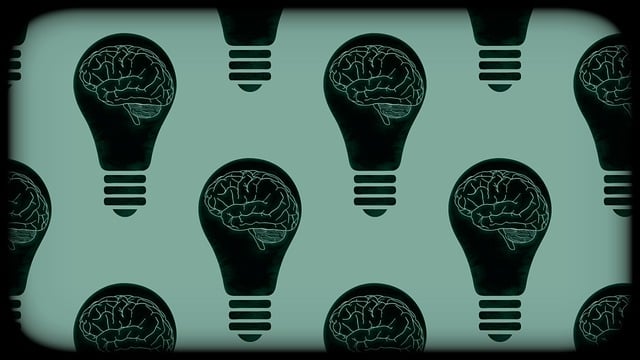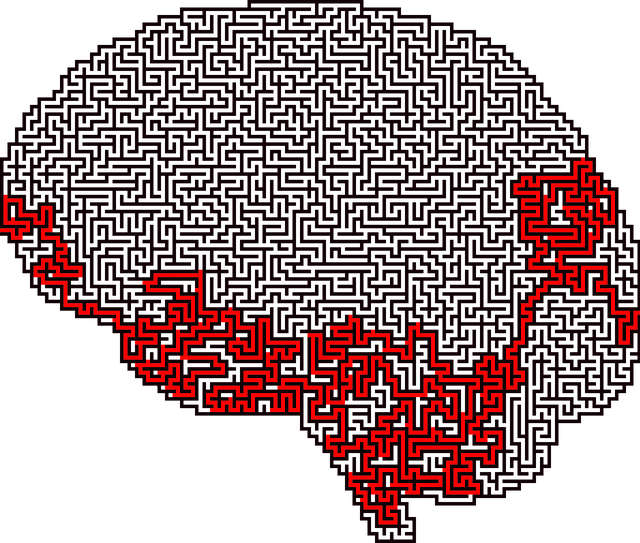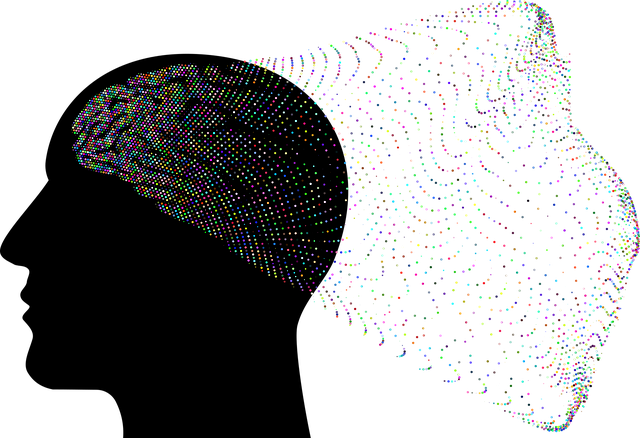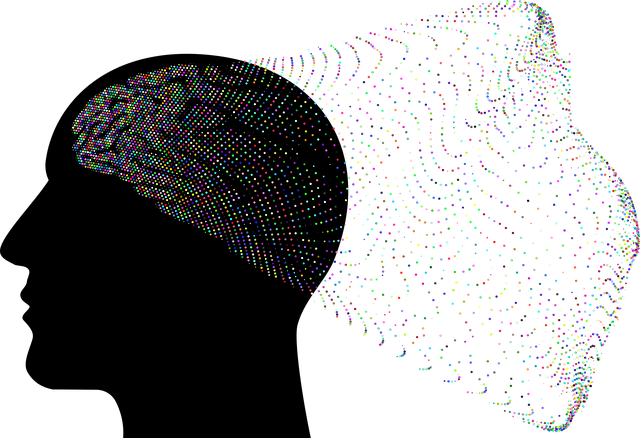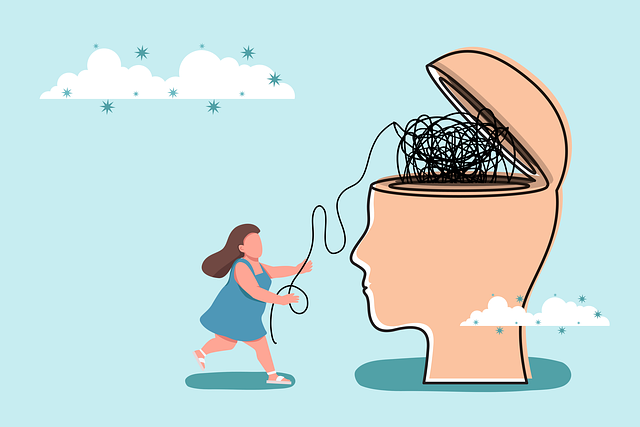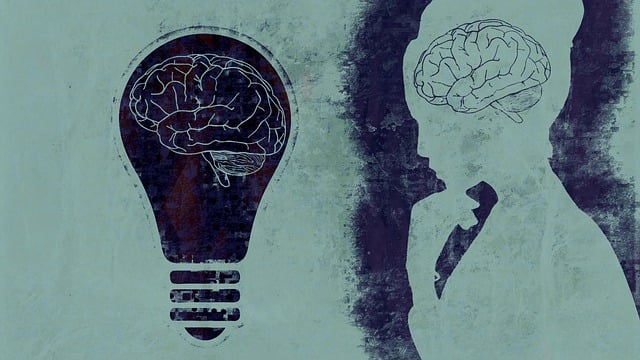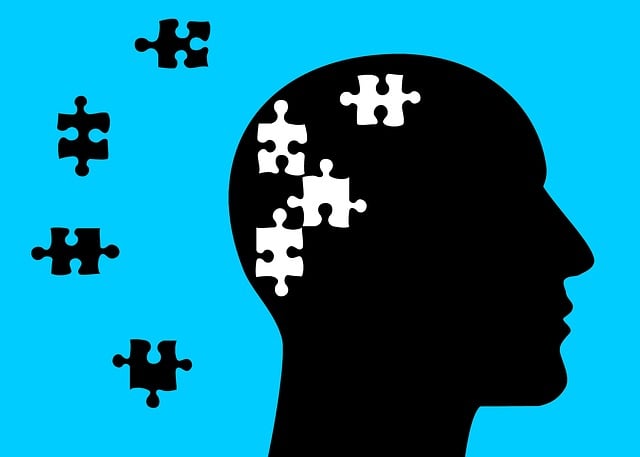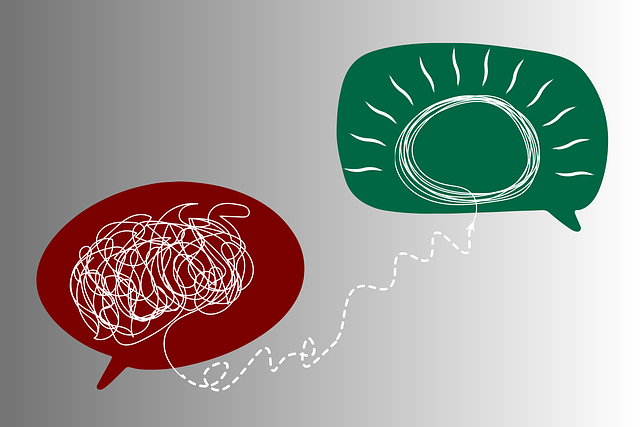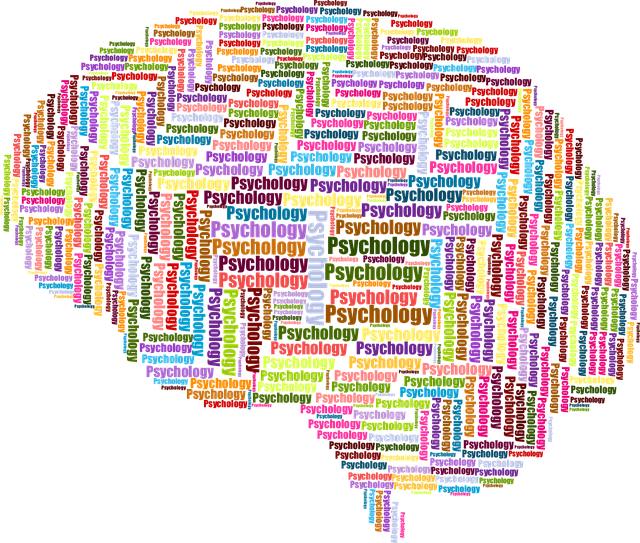Superior Oppositional Defiance Disorder (SODD) presents diagnostic challenges due to its overlap with other behavioral disorders, emphasizing the need for specialized therapy. Accurate SODD diagnosis requires understanding symptoms like arguments, resistance to authority, and anger management issues. Cultural sensitivity training for healthcare providers is crucial for tailored treatment plans addressing both symptoms and underlying causes. Advanced therapies such as cognitive-behavioral therapy (CBT) and mindfulness interventions significantly improve SODD diagnosis and treatment, enhancing emotional intelligence and coping abilities. Integrating feedback mechanisms like patient assessments, questionnaires, and structured interviews enables mental health professionals to adapt treatment strategies based on real-time data, ensuring holistic care for individuals with SODD.
Mental illness diagnosis accuracy is a critical aspect of patient care, especially for complex conditions like Superior Oppositional Defiance Disorder (SODD). This article explores efforts to enhance diagnostic precision for SODD, delving into symptoms, current challenges, and innovative approaches. We examine the role of advanced therapies in improving treatment outcomes and discuss integrating feedback mechanisms for continuous improvement. By understanding SODD better and leveraging cutting-edge therapy, healthcare professionals can ensure more accurate diagnoses and enhanced patient support.
- Understanding Superior Oppositional Defiance Disorder (SODD): Symptoms and Challenges
- The Current State of Diagnosis Accuracy in Mental Health
- Innovative Approaches to Enhance Diagnostic Precision for SODD
- Role of Advanced Therapies in Improving Diagnosis and Treatment Outcomes
- Integrating Feedback Mechanisms for Continuous Improvement in SODD Diagnosis
Understanding Superior Oppositional Defiance Disorder (SODD): Symptoms and Challenges

Superior Oppositional Defiance Disorder (SODD), a behavioral disorder characterized by frequent and persistent opposition and defiance, presents unique challenges in diagnosis and treatment. Recognizing SODD requires understanding its symptoms, which often manifest as frequent arguments with authority figures, active resistance to requests or rules, and anger or resentment. These behaviors can significantly impact academic performance, family dynamics, and peer relationships, making accurate diagnosis crucial for effective Superior Oppositional Defiance Disorder therapy.
One of the primary hurdles in addressing SODD is differentiating it from other behavioral disorders. Effective therapy necessitates a comprehensive assessment that considers the individual’s inner strength development and communication strategies. Additionally, healthcare provider cultural competency training plays a vital role in ensuring accurate diagnosis and tailored treatment plans, addressing both the symptoms and underlying causes of SODD.
The Current State of Diagnosis Accuracy in Mental Health

The current state of mental health diagnosis accuracy is a complex issue, with significant room for improvement. While progress has been made in recent years, misdiagnoses remain prevalent, often leading to ineffective treatment plans and negatively impacting patient outcomes. The challenges stem from various factors, including the subjective nature of symptoms, comorbidities, and the complexity of human behavior and emotions. For instance, conditions like Superior Oppositional Defiance Disorder (SODD) can be difficult to distinguish from other behavioral disorders without thorough assessment and specialized therapy.
Efforts to enhance diagnosis accuracy involve integrating advanced assessment tools, improving access to mental health professionals, and fostering a culture of continuous learning. Encouraging individuals to prioritize self-care routines for better mental health, coupled with inner strength development and positive thinking, can also contribute to more precise diagnoses. By addressing these aspects, the mental health care system aims to provide more effective treatment interventions tailored to individual needs.
Innovative Approaches to Enhance Diagnostic Precision for SODD

In the pursuit of enhancing diagnostic precision for Superior Oppositional Defiance Disorder (SODD), innovative approaches are reshaping therapy paradigms. Beyond traditional methods, integrating Cultural Sensitivity in Mental Healthcare Practice has emerged as a game-changer. This involves training healthcare providers to demonstrate cultural competency, fostering an environment that understands and respects diverse patient backgrounds. By acknowledging the interplay of cultural factors influencing behavior, therapists can avoid misdiagnoses and tailor SODD therapy accordingly.
Moreover, addressing burnout prevention among healthcare providers is integral to improving diagnostic accuracy. Overworked professionals are at risk of decreased judgment and decision-making capabilities, potentially impacting diagnosis and treatment plans. Regular training sessions focused on Cultural Sensitivity in Mental Healthcare Practice, alongside comprehensive burnout prevention strategies, ensure that practitioners remain sharp, empathetic, and culturally adept—crucial elements for accurately diagnosing and effectively treating SODD.
Role of Advanced Therapies in Improving Diagnosis and Treatment Outcomes

Advanced therapies play a pivotal role in enhancing mental illness diagnosis and treatment outcomes. Techniques like cognitive-behavioral therapy (CBT) have proven effective in addressing various conditions, including Superior Oppositional Defiance Disorder (SDOD). CBT helps individuals identify and change negative thought patterns and behaviors, improving their ability to cope with stress and emotional challenges. By fostering emotional intelligence, this approach empowers patients to better understand their feelings and interact positively with others, ultimately leading to enhanced mental health.
Beyond CBT, other innovative therapies are transforming mental healthcare. Mindfulness-based interventions, for instance, teach individuals how to stay grounded in the present moment, reducing anxiety and depression symptoms. Mental Health Education Programs Design that incorporate these advanced therapies into their curriculum equip future professionals with the skills needed to deliver more precise diagnoses and tailored treatments. This holistic approach ensures comprehensive care, addressing not just symptoms but also the underlying causes of mental illness, thereby improving long-term outcomes for patients.
Integrating Feedback Mechanisms for Continuous Improvement in SODD Diagnosis

Integrating Feedback Mechanisms for Continuous Improvement in SODD Diagnosis plays a pivotal role in enhancing accuracy and effectiveness of Superior Oppositional Defiance Disorder (SODD) therapy. By incorporating robust feedback mechanisms, mental health professionals can gather valuable insights from patients, caregivers, and fellow therapists. This collective input allows for continuous learning and adaptation, ensuring that treatment strategies remain aligned with the evolving needs of individuals struggling with SODD.
Leveraging tools such as regular patient assessments, self-reported questionnaires, and structured interviews facilitates a comprehensive understanding of treatment progress. Additionally, Crisis Intervention Guidance and Social Skills Training can be integrated into feedback processes, providing real-time data on the effectiveness of coping strategies and social interactions. Even Mindfulness Meditation practices have shown promise in improving emotional regulation and reducing oppositional behaviors, offering valuable feedback for refining SODD therapy protocols.
Mental illness diagnosis, particularly for complex conditions like Superior Oppositional Defiance Disorder (SODD), has seen significant advancements. By understanding symptoms, leveraging innovative approaches including advanced therapies, and integrating continuous feedback mechanisms, we can significantly improve diagnostic precision. These efforts not only enhance treatment outcomes but also ensure folks receive the tailored support they need. In navigating the landscape of SODD therapy, it’s crucial to stay informed and adapt practices based on emerging research, fostering a more effective and compassionate mental healthcare system.



